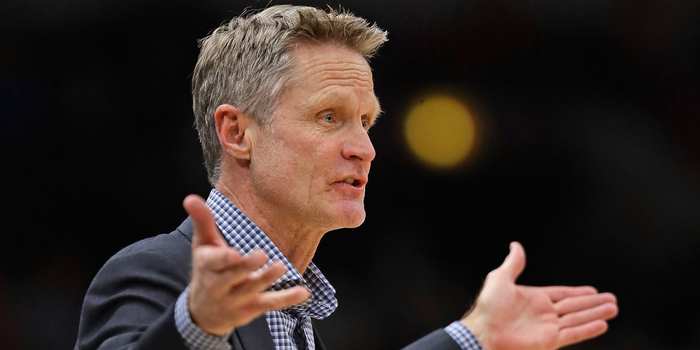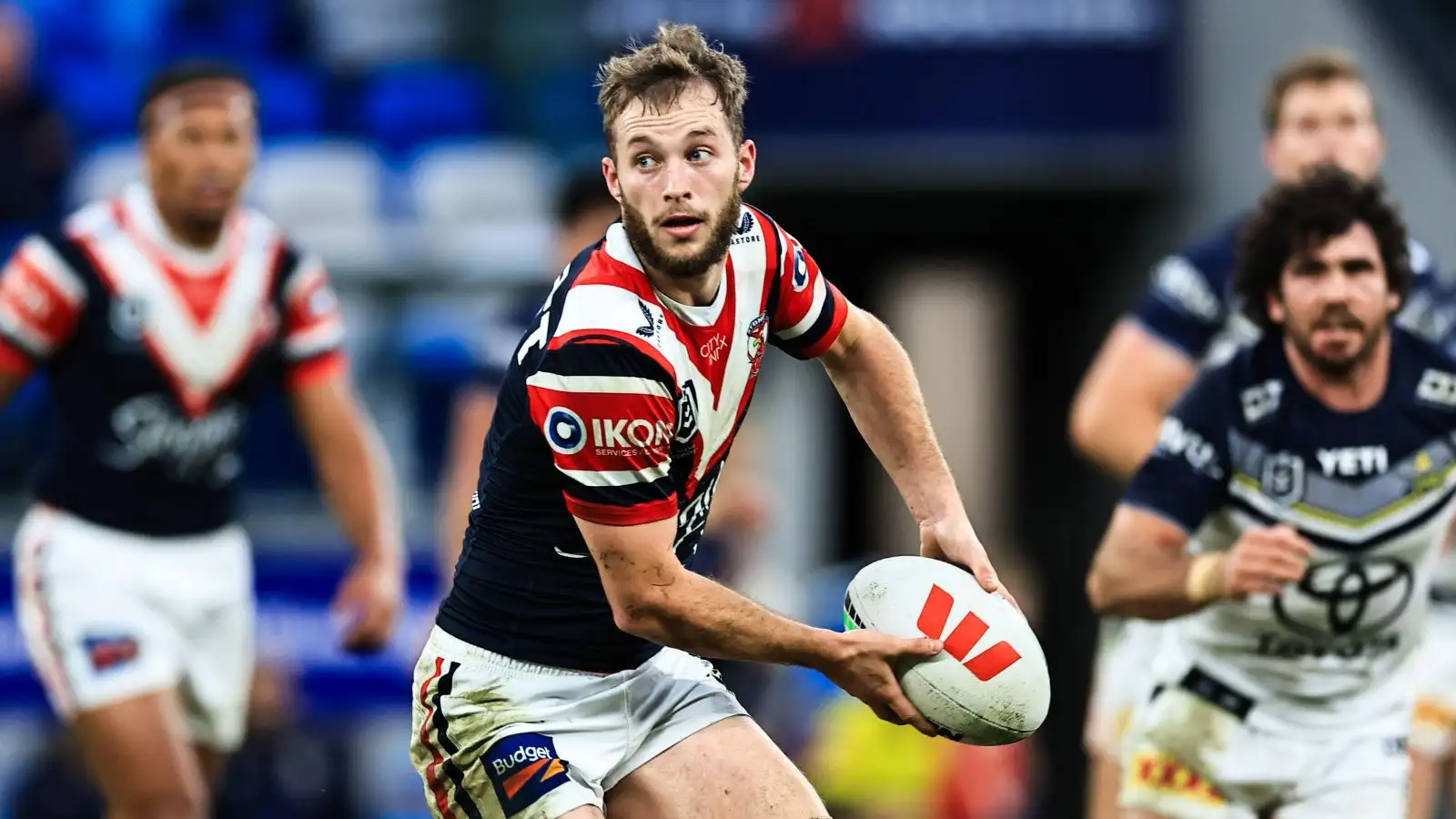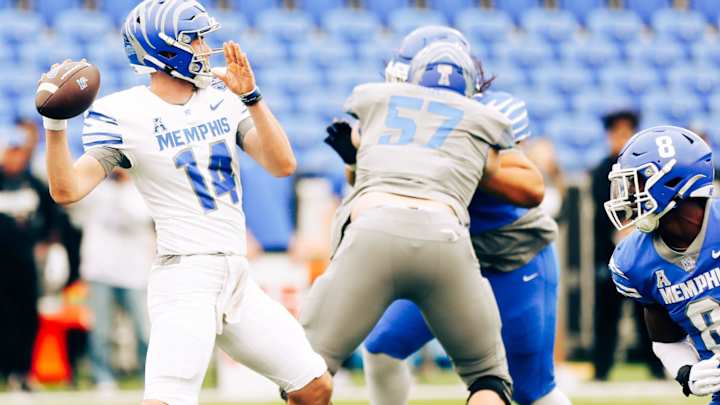trade negotiations, and even draft decisions. Teams may prioritize signing players with lower salaries or structuring contracts to avoid crossing thresholds.
—
## 7. Future Outlook and Potential Changes
### a. Projected Trends
Assuming continued revenue growth, the salary cap and thresholds are likely to increase in subsequent seasons, though at a variable rate influenced by economic factors, collective bargaining outcomes, and league policies.
### b. Potential Policy Adjustments
The NBA and players’ union may renegotiate thresholds or introduce new rules to further promote parity or address competitive imbalances. Innovations such as the introduction of more flexible cap mechanisms or adjustments to the apron levels could emerge.
### c. Impact of External Factors
Economic downturns, shifts in media rights deals, or significant league events could influence future thresholds, requiring adaptable strategies from teams and players.
—
## 8. Conclusion
The NBA’s announced salary cap of **$354.647 million**, the tax level of **$247.895 million**, and the apron thresholds at **$295.945 million** and **$307.824 million** for the 2025-26 season represent the league’s ongoing effort to balance financial sustainability, competitive fairness, and player compensation. These figures influence every aspect of team management, from roster construction to strategic planning.
While designed to promote parity and control spending, these thresholds also create complex strategic considerations for teams vying for championships and players seeking maximum earnings. As the league continues to evolve economically and competitively, these financial parameters will likely adapt, shaping the future landscape of professional basketball.



